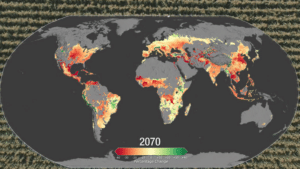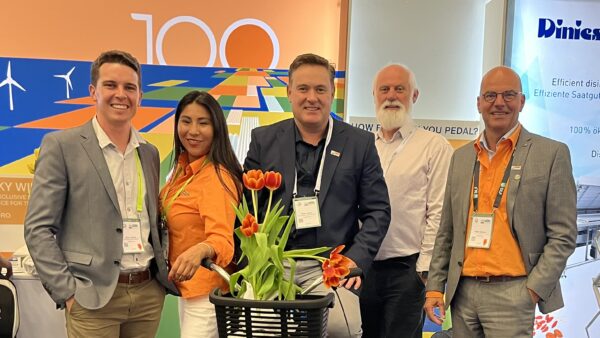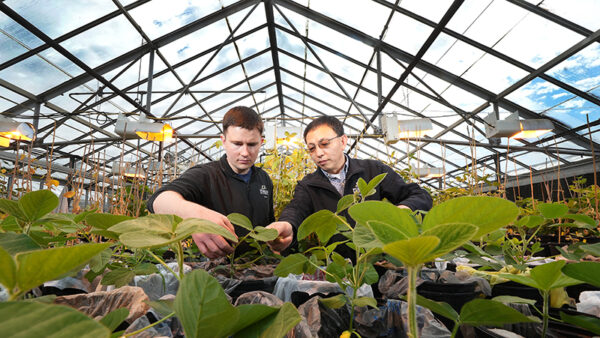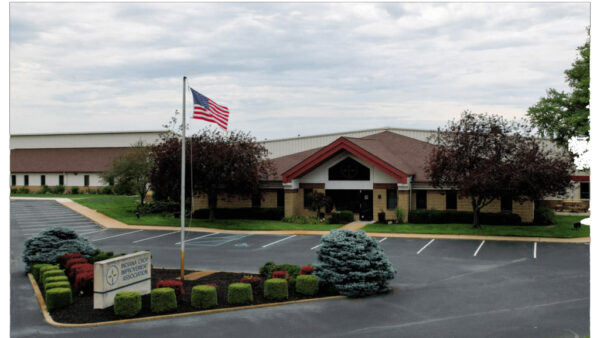In a ground-breaking gathering in late January in Wageningen, experts and researchers from around the world celebrated the launch of the first-ever AgML workshop aimed at advancing the use of machine learning for agricultural modelling.
According to a press release on the Wageningen University and Research website, this marks the onset of a significant international partnership.
Agricultural models are pivotal in comprehending the impact of climate change on the worldwide food system and enhancing resilience. The advent of machine learning (ML) techniques is revolutionizing scientific inquiry by enabling the deciphering of intricate, nonlinear high-dimensional data, and thus significantly improve the practice of agricultural modelling.
Benefits and Challenges
Throughout the last year, the Agricultural Model Intercomparison and Improvement Project (AgMIP) has been diligently collaborating to gain deeper insights into the advantages and obstacles posed by machine learning (ML) techniques in agricultural modeling. This concerted effort has led to the emergence of AgML as a research initiative within AgMIP: a transdisciplinary community of researchers aiming to better understand the benefits — and pitfalls — of ML methods in agricultural modelling tasks.
AgML is driven by several key objectives, including the dissemination of knowledge, advocacy for best practices in utilizing ML tools for agricultural modeling, quantifying ML performance in crop modelling, and developing new ML methods adapted to the unique challenges of the agricultural sector.
Discussions and Collaboration
The workshop, led by Ioannis Athanasiadis, professor of Artificial Intelligence and Data Science at WUR, and Lily Belle Sweet, PhD candidate at UFZ, brought together representatives from FAO, EU JRC, CGIAR, NASA and several universities to discuss new ML paradigms and methodologies, as well as the need for rigorous evaluation of models.
In addition to discussions, participants participated in a hackathon to build their own ML models, which will be analysed in AgML’s model comparison experiments. The release notes that these experiments aim to provide reliable estimates of ML architectures and methodologies capability to be used for agricultural modelling applications.
Multidisciplinary Expertise
AgML also prioritizes the establishment of open datasets to evaluate ML models’ capabilities in forecasting climate-induced effects on agriculture and providing subnational yield projections for various crops and regions globally.
By amalgamating expertise across various fields, AgML is committed to developing AI benchmarks for reproducible, comparable and interpretable modelling of agricultural and food systems.
This marks the inception of a significant international partnership facilitated by the AgMIP network, open to all interested parties, including students, academics, and the private sector.
For more information about AgML and how to participate, click here.













